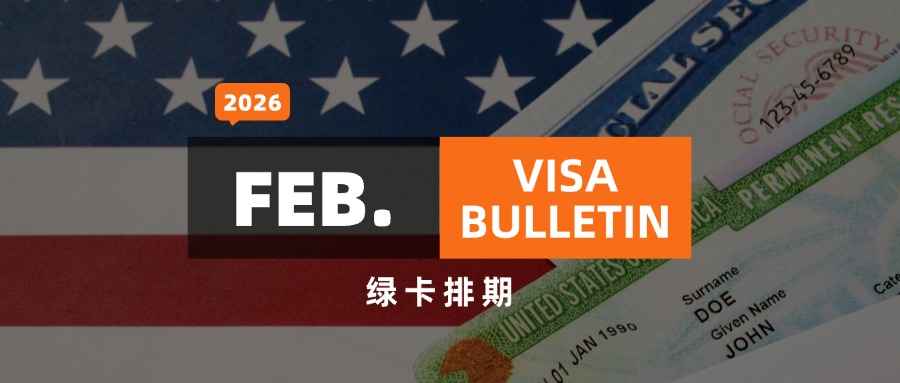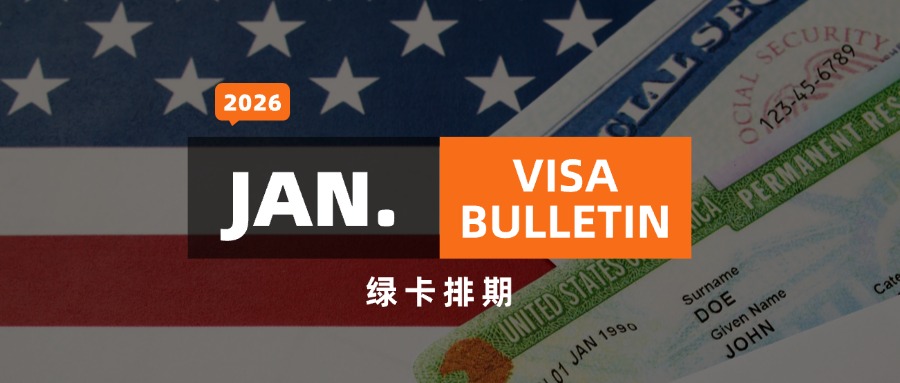
Understanding Issuer-Dealer and Agent Registration Requirements under Tier 2 of Regulation A
Navigating the capital raising landscape in the United States involves understanding various regulatory requirements. One of the pivotal frameworks enabling early-stage companies to access capital more efficiently is Regulation A of the Securities Act of 1933. This regulation, as amended by the Securities and Exchange Commission (SEC), allows companies to raise up to $75 million and engage in more flexible communications with potential investors.
Flexible Communication Rules under Regulation A
Previously, communication during public offerings was confined to the information in the offering prospectus or circular. However, Regulation A amendments have introduced provisions like “Testing the Waters” (Rule 255) and post-qualification communications (Rule 251(d)(iii)), allowing issuers to freely communicate before any filing with the SEC. This flexibility can enable companies to proceed without the need for a registered broker-dealer, directly engaging with potential investors through their marketing and online campaigns.
State-Specific Registration Requirements
While avoiding a registered broker-dealer can streamline the process, issuers must be aware of state-specific registration requirements. Companies may need to register as issuer-dealers or have their management team members register as agents in certain states.
Preemption under Tier 2 of Regulation A
Securities offered and sold under Tier 2 of Regulation A are classified as “covered securities” under Section 18 of the Securities Act. This classification exempts them from state review of the offering, barring states from requiring registration or qualification of the securities. However, this federal preemption does not extend to the registration of intermediaries or issuers as dealers, necessitating compliance with specific state laws.
State-Specific Requirements as of 2024
As of February 2024, Texas remains the only state requiring issuers to register as dealers if not using a registered broker-dealer under Tier 2 of Regulation A. States like Florida, Nebraska, Arizona, and North Dakota have amended their laws to exempt issuers from registration if no commission is paid for soliciting investors. Alabama, Nevada, New Jersey, and Washington require agent registration for members of the issuer’s management team, with New York having unique filing requirements.
Specific State Requirements
- New York: Governed by the Martin Act, issuers must register as dealers using Form 99, along with other forms and fees. Officers and directors need not register separately if identified in the Form 99, but other salespersons must file Form M-2 and pass relevant exams.
- Texas: Issuers must file Form BD, Form U4 for designated officers and agents, along with other documentation and fees. Officers and directors selling securities must pass the Series 63 or Series 66 exam.
- Alabama, Nevada, New Jersey, and Washington: These states require officers and directors engaged in selling activities to register as agents. Each state has specific forms, fees, and exam requirements.
Consequences of Non-Compliance
Failure to comply with these registration requirements can lead to severe consequences, including regulatory enforcement actions, fines, and potential disqualifications under the SEC’s Bad Actor Rule. Non-compliance may also result in liability to investors, who could seek rescission or damages, potentially crippling an early-stage company.
Conclusion
The amendments to Regulation A provide significant opportunities for companies to directly engage with investors. However, navigating the issuer-dealer and agent registration requirements across different states is crucial to avoid regulatory penalties and investor lawsuits. Companies must stay informed about state-specific requirements and ensure compliance to fully leverage the benefits of Regulation A offerings.


